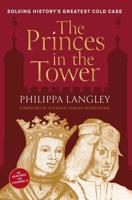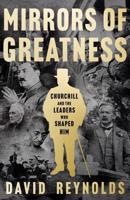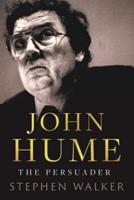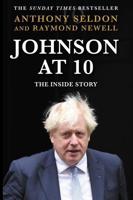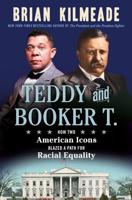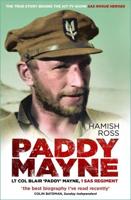Publisher's Synopsis
For almost two centuries, Americans have relied upon political conventions to provide the nation with new leadership. The modern convention, a four-day, carefully choreographed, prime-time television event designed to portray the party and its candidate in the most favorable light, continues many of the traditions and rules developed during the first conventions in the mid-19th century.
This study analyzes the birth of the convention process in the 1830s and follows its development over 40 years, chronicling each of the presidential elections between 1832 and 1872, the leading candidates, and an analysis of the key issues, and memorable speeches and events on the convention floor. Other topics include back-room deal making, "dark horse" candidacies, meeting halls, parades, rallies, and other accompanying hoopla.
This volume reveals the origins of a quintessentially American spectacle and sheds new light on an understudied aspect of the nation's political past.



